Getting your finances in order before entering your 30s can result in significant gains later in life. Here’s what you need to know about organizing and managing your finances before you turn 30.
Start Budgeting
Fewer than one-third of adults practice budgeting, while only 30 percent have long-term financial goals. Creating a household budget and sticking to it can seem challenging, but it’ll help you save thousands and reveal areas where you’re spending too much.
Creating a budget involves categorizing your spending habits and assigning spending limits for each category. To create a personalized budget, download a free personal budgeting app like Mint or You Need a Budget. Budgeting apps track your expenses using information from debit and savings accounts, so you’ll be able to find out where your money is going.
Select a Health Insurance Plan
For those in good health and under 30, employer-based health insurance plans aren’t always the most cost-effective. Selecting the right health insurance plan can be difficult, especially if you’re unfamiliar with insurance terminology. Researching your options and comparing prices through Health insurance innovations can help you choose the plan best suited for your financial situation.
Start an Investment Fund
Whether you’re interested in building a mortgage investment fund or a college fund for your children, investing small amounts now can lead to big rewards down the road. The key to building an investment fund is developing good habits, such as consistently saving money each month. Expert investors recommend putting away as little as $10 every week. Although $10 doesn’t seem like a lot, your savings will amount to over $500 in a year.
Open a Roth IRA
Opening a Roth IRA in your 30s can help you retire sooner. Although there’s no upfront tax benefit to opening a Roth IRA, account holders can enjoy tax-free income during retirement, even on their earnings. Because no minimum deposits or withdrawals are required for Roth IRAs, account holders can deposit money as needed to compound money before retirement.
Refinance Loans
Refinancing your loans can help you score a lower interest rate and can lead to lower monthly payments. To refinance loans, check with multiple lenders to find the lowest interest rate. After comparing rates, choose a lender and decide on your loan terms. Although some lenders offer lower monthly payments, choosing higher monthly payments can help you pay off the loan faster. While waiting for approval, make sure to keep making the necessary payments on your current loans.
Take Action Against Debt
After refinancing your loans, start paying off your debt. Investment experts recommend practicing the snowball method to eliminate debt. The snowball method involves calculating your debts and listing each debt from the smallest balance to the largest. Next, focus on paying off the smallest balance while continuing to make the minimum payments on all other balances. Pay off the smallest balances one by one until your debt is eliminated.
Stop Impulse Spending
Impulse spending is often a waste of money and can significantly reduce your savings. Before making a purchase, ask yourself whether you genuinely need the item, why you need it, and whether the item is within your budget. Generally, if you need to pay with your savings, don’t buy the item. If you’re paying for it with your weekly allowance, consider taking some time to decide whether you really want it.
Build an Emergency Savings
Investment experts recommend building emergency savings equal to six months of living expenses. Emergency savings will provide a safety net for worst-case scenarios, such as costly medical bills or a layoff. Every month, contribute a set amount of money to your emergency savings account. To save even more, consider opening a high-yield savings account.
Ultimately, following this financial advice before entering your 30s can help you start working toward financial security.




